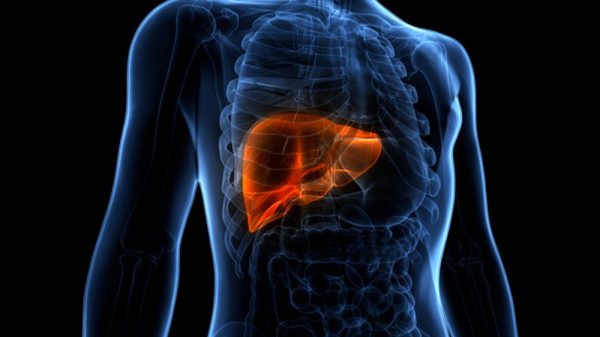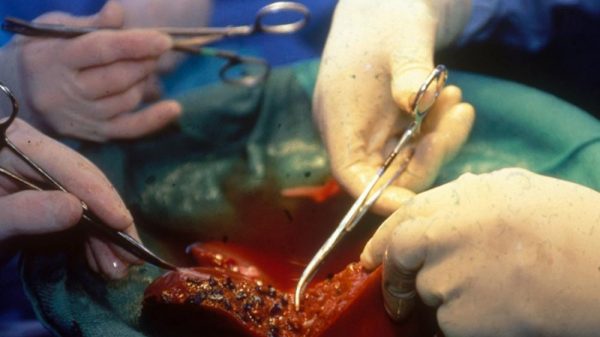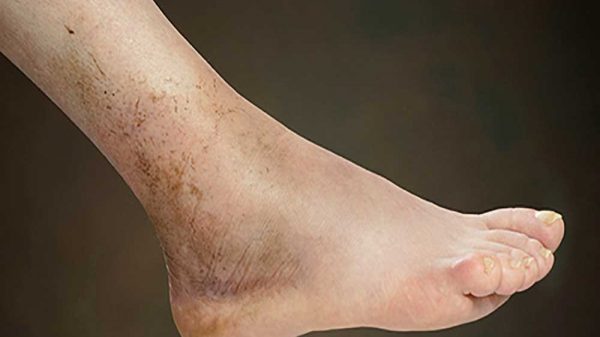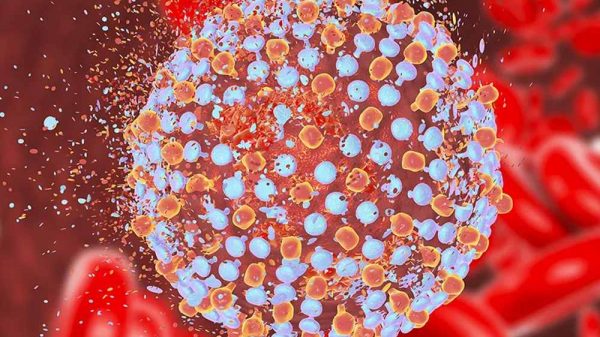Do you have possible symptoms of liver cancer? Is there such a test as a liver cancer blood test? Liver cancer is a serious disease that causes about 16% of deaths throughout the world. The good news is it can be detected with liver cancer blood tests. Like other diseases, it’s important to detect liver cancer as early as possible to help prevent complications that can worsen the situation and make it cover to stop the spread of cancer cells to other body parts.
As always it’s critical to know possible signs and symptoms of liver cancer. In fact, during the disease’s early stages there are often no symptoms at all. However, there are possible ones you might experience like nausea, vomiting, and weight loss. These are common symptoms of several health conditions and diseases so it’s critical to get it checked out through tests like blood tests to check if you have a serious disease or not. Even if you’re not sure you have a liver disease it’s a good idea to get it checked out to be on the safe side.
What Is Liver Cancer?
As the name suggests, this disease is caused by cancer cells that build up in the liver. This vital organ is the largest solid organ in the human body (the skin is larger, but not a solid organ). The cancer cells attack healthy cells somewhat like “free radical” cells do.
The organ is a football-sized solid organ that’s in the upper-right region of the abdomen. It’s located under the diaphragm and above the stomach.
Different Kinds Of Liver Cancer
The different types of liver cancer are a technical issue. What’s more important is to know the basics of some of both common and rare types. This can help you to know what to expect with each type including symptoms, causes, and treatments.
As with other types of cancer, it’s critical to prevent it from spreading to other body parts. This can cause complications and especially if the cancer cells keep spreading to various other body parts.
Here are some of the common symptoms of liver cancer to watch out for:
- Weight loss
- Abdominal swelling
- Vomiting
- Weakness/Fatigue
- Abdominal pain
- Yellowish skin (jaundice)
- Nausea
- Appetite loss
So what causes liver cancer? This disease develops when the liver’s cells experience DNA changes. It causes cells to start growing quickly, then develops cancer tumors. The exact cause of liver cancer is sometimes known or unknown. For example, it might be the result of another disease the cancer patient has been diagnosed with. In other situations, doctors are unsure what’s causing cancer.
Liver Cancer: Blood Tests and Other Tests
Blood Tests
Sometimes doctors order blood tests to help detect liver cancer. Some other reasons include:
- Learn about general liver function
- Check for post-treatment cancer signs
- Cause of liver cancer
- Find out if treatments are working
- Check general health
- Test other organs
After Test
It is a blood test that checks ATP proteins in the blood. It checks for high levels in liver disease patients. ATP levels can be high for various other reasons, including other cancers, pregnant women, and so on. If a patient with liver tumors has high ATP levels, it could be a sign the tumor is cancerous.
The good news is high ATP levels can be a sign of other factors besides liver cancer. Several patients with early-stage liver cancer have normal ATP levels. So it’s possible that high AFP levels are not helpful to determine if liver growths are cancerous.
Other Blood Tests
Doctors may request for other blood tests that might help to check for illnesses related to liver disease/cancer. They include:
- Hepatitis tests
- Blood clotting tests
- Complete blood count (CBC)
- Kidney function test
- Liver function tests (LFTs)
All of these tests can be used to help diagnose liver cancer. They can also help to detect other conditions like a liver disease by using multiple tests to cross-reference the results. A doctor can then review the test results to determine whether or not a patient indeed has cancer.
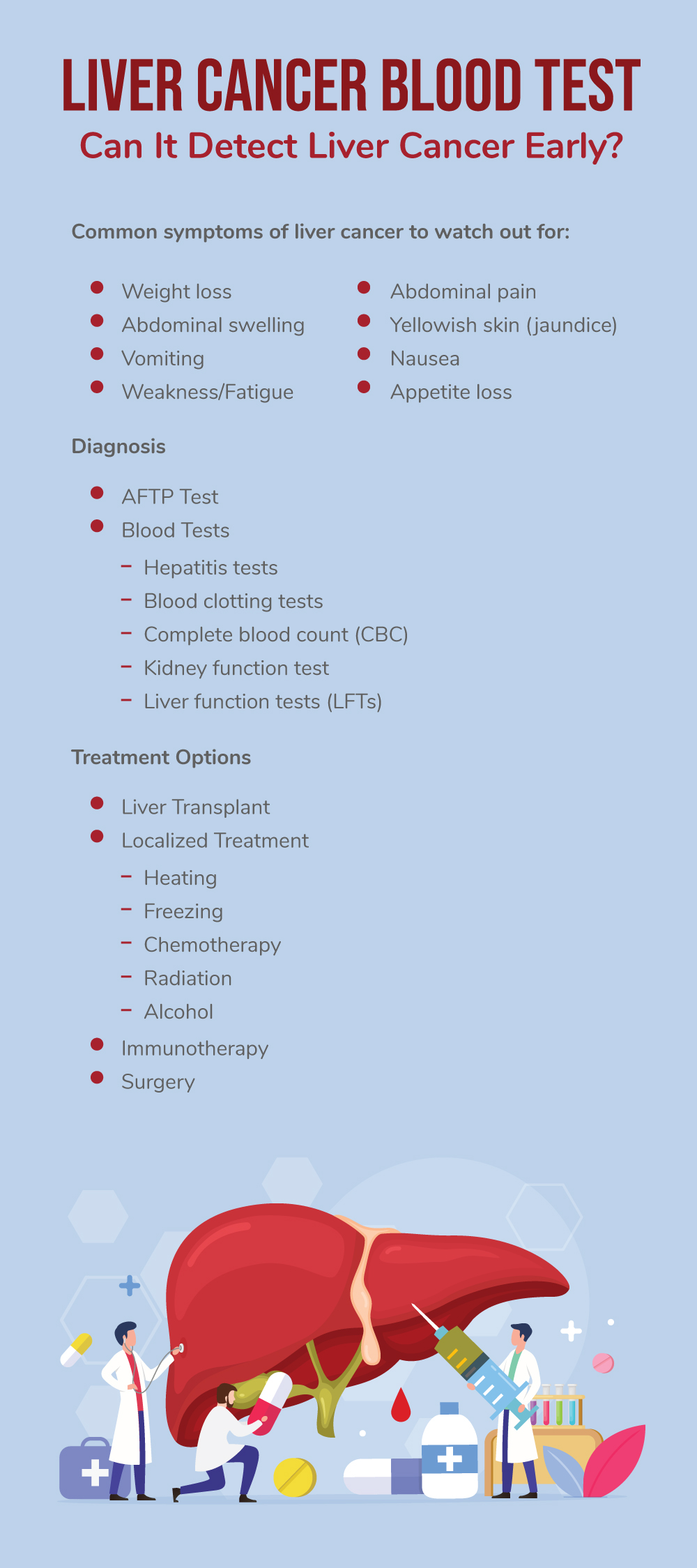
Liver Cancer: Treatment Options
Liver Transplant
It is an option for people who have a tumor that’s smaller than a certain size. The problem is if the tumor is too large, there is a greater chance the cancer tumor could return. In that situation, it doesn’t justify undergoing organ transplants.
If the transplant surgery is successful, this provides various benefits. It restores regular liver function and lower risk of liver cancer returning. One of the downsides of a liver transplant is the immune system might reject the new liver and attack it because it sees it as a threat.
Localized Treatment
Various options including:
- Heating
- Freezing
- Chemotherapy
- Radiation
- Alcohol
These can help treat specific areas with cancer tumors. While this can help zap the tumors, there are chances tumors could return later.
Immunotherapy
This treatment boosts the body’s immune system. It can be effective because this is the body’s first line of defense to fight off illness and disease. It’s a generally more natural approach than other treatments that involve chemotherapy, radiation, surgery, etc.
Surgery
There are various kinds of surgical procedures that are very technical. Talk to your doctor about the options available. Learning about the procedure, recovery time, and success rate help determine if surgery is the best treatment after receiving results from a liver cancer blood test.
